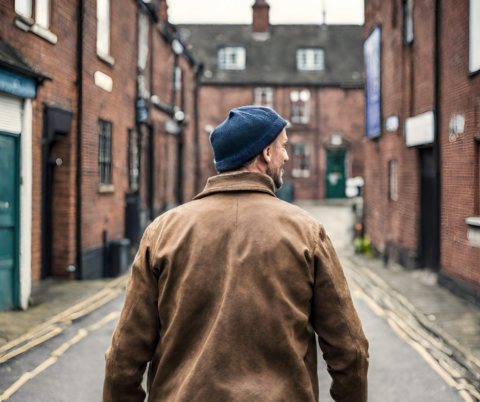Last week we held our Pre-Tenancy Financial Workshop as we do every week. This is a chance to help our tenants budget, understand their finances, and recognise their rights and responsibilities as renters. We run these workshops every week for over 200 individuals a year.
But last week was different. We had 3 young men attend the workshop, all in their 20s, all experiencing Hidden Homelessness. All of them were polite, engaged and most shockingly, employed.
82% of our clients are claiming Universal Credit or some kind of Benefit when they register for support with us. Part of our SmartSteps programme is to help our clients into volunteering, education, or employment. But all of these young men were employed, two of them in full-time employment.
Our Housing Officer Laura Feiber said “They were the loveliest group of lads, so polite and engaged. One of them shook my hand after the event, I was really touched. It’s just not what most people expect when they think of homelessness. People need to understand who is really affected by homelessness.”
These young men were employed as a hospital technician and artist, a cleaner and part time actor and a part time bar tender. All of them were unable to find housing at a rate they could afford. And of course, with a standard tenancy, on top of the rent there is a deposit, fees, and checks, which add to the initial cost of moving in. Without parents and a support network who could help them financially, all of these young men had found themselves with nowhere to live.
Nomad is sharing this story to highlight the changing nature of homelessness, to show what is looks like in 2022 in England. It is not rough sleeping, or addiction, it is not a lack of work or desire to find housing. Homeless is a lack of affordable housing, a cost-of-living crisis and an increasingly small pool of affordable rental properties.
We are working hard to house those in need, but with so many young people being priced out of out housing market we worry, how much more can we do? How much longer will this go on? When will help with housing not fall to charities?




